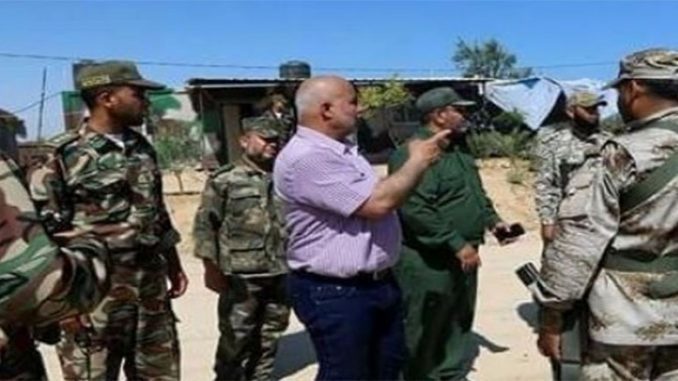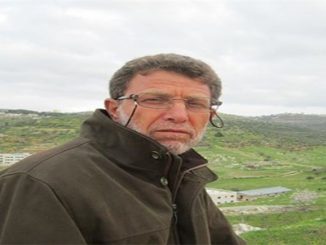
The Gaza Ministry of Interior and Internal Security recommended in a statement on Tuesday evening a series of new and additional procedures “to enhance the state of security at the southern borders with Egypt.”
The statement came just hours after London-based Arabic daily Asharq al-Awsat reported that Egypt has offered to provide more electricity to the crisis-stricken Gaza Strip — but only if Hamas cooperates with Egypt in its harsh ‘counterterrorism’ crackdown.
According to the statement, Deputy Minister Tawfiq Abu Naim visited the southern borders of the Gaza Strip with Egypt “to check all security procedures in the area and held several meetings with specialized sides.”
Abu Naim stressed in the statement that the stability of Gaza’s southern borders with Egypt “is a priority” and that Hamas administration, the de facto leaders of the enclave, “will not allow any security threats in the area.”
According to Asharq al-Awsat’s report, Egypt has demanded that Hamas hand over 17 men wanted by Cairo on terrorism charges, more protection by Hamas at the border, the cessation of alleged weapons smuggling into the Sinai Peninsula, and information on the movement of “elements” into Gaza via underground tunnels.
It remained unclear, however, to what extent Egypt is capable of mitigating Gaza’s power crisis, since the power lines from Egypt that supply electricity to southern Gaza are often out of operation due to technical issues. When the Egyptian lines do work, they provide 25 megawatts — just 6.25% of the amount necessary to power Gaza for a full day.
The Gaza electricity company said on Monday, after news broke of Israel’s decision to slash electricity supplies, that it had been informed by Egypt’s power company that it could cut off power lines feeding Gaza at any time, without providing further details.
However, according to reports, the Egyptian power lines have not been providing any power lately anyway due to malfunctions, which left the Israeli power lines Gaza’s only source of electricity after the enclave’s sole power plant ran out of fuel and Hamas refused to purchase more from the PA over what it said were unfairly high taxes.
Hamas has suffered poor relations with the Egyptian government ever since the democratically-elected Muslim Brotherhood, with whom they were closely allied, was thrown out of power in Egypt in July 2013. However, Hamas’ new charter makes no reference to the Muslim Brotherhood in a realignment and softening of the group’s political agenda.



